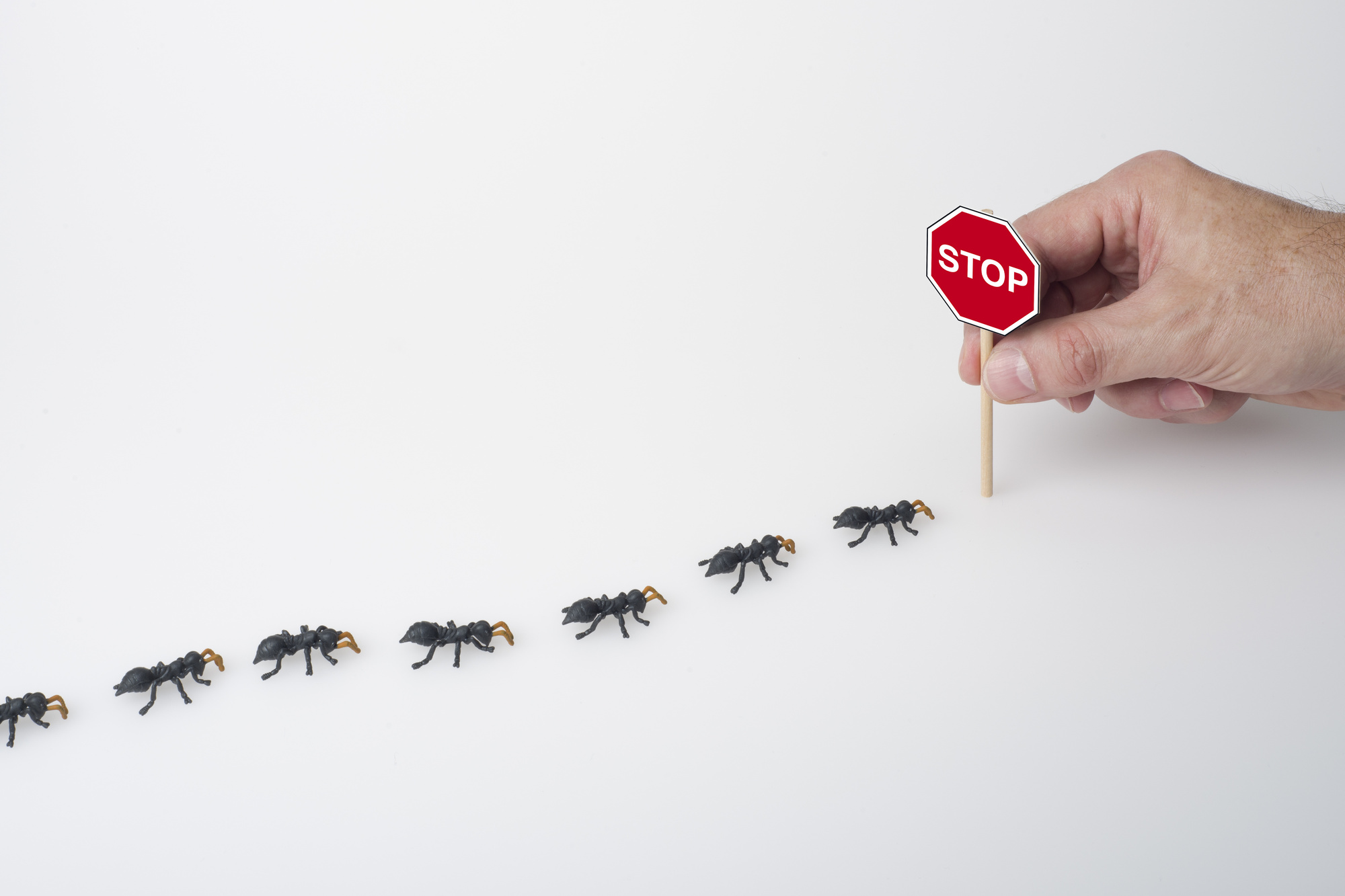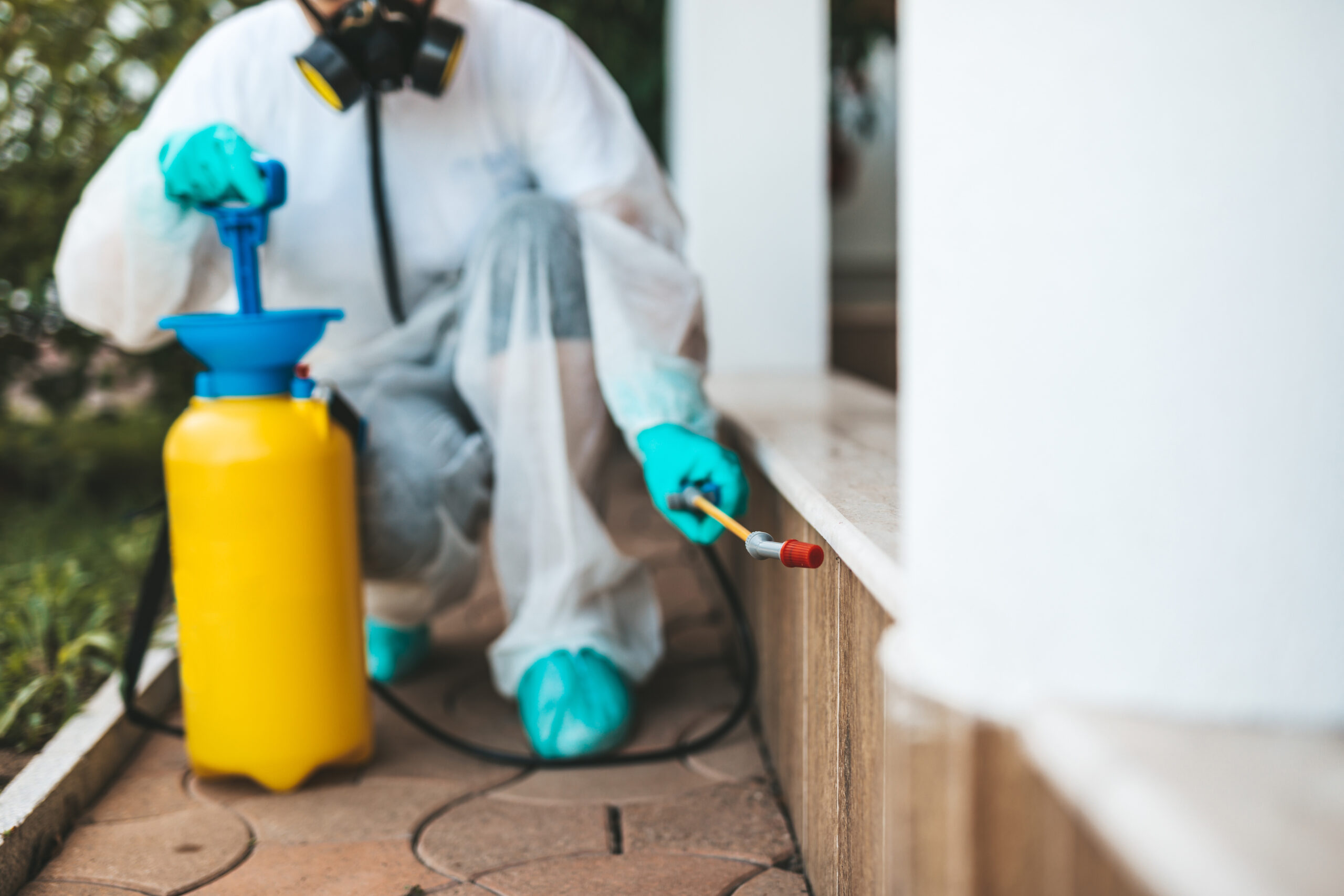Economical Ant Control Solutions: Keep Your Area Ant-Free
Economical Ant Control Solutions: Keep Your Area Ant-Free
Blog Article
Environmental Influence of Insect Control: Harmonizing Performance With Sustainability
The ecological impact of parasite control is a crucial issue that calls for a fragile balance between achieving effectiveness in managing insects and guaranteeing sustainability of our communities. From the usage of dangerous chemicals that permeate into our soil and water to the unintentional repercussions on non-target species, the effects of standard bug control methods are far-ranging.
Dangerous Chemicals in Insect Control
The utilization of harmful chemicals in pest control poses considerable ecological and health and wellness risks that require cautious factor to consider and reduction techniques. Insecticides, herbicides, and chemicals are typically used to remove pests, however their prevalent application can bring about unplanned repercussions. These chemicals can contaminate dirt, water sources, and the air, impacting not just the targeted parasites yet additionally advantageous pests, wildlife, and human beings.

To deal with these risks, incorporated bug administration (IPM) methods are being advertised as a more lasting choice. IPM entails a mix of methods such as biological control, habitat manipulation, and the targeted use of pesticides as a last option (ant control apex nc). By embracing an all natural strategy to pest control, we can decrease the ecological and health and wellness impacts connected with damaging chemicals while successfully handling pest populations
Influence On Non-Target Types
Taking into consideration the unexpected consequences of pest control techniques, the influence on non-target species is a crucial aspect that calls for extensive evaluation. While pest control procedures aim to target details bugs, other microorganisms in the ecosystem might be accidentally impacted. Non-target varieties, including advantageous pests, birds, creatures, and even plants, can endure direct or indirect damage from chemical applications or organic control methods.
Chemicals can have dangerous or sub-lethal results on non-target species. For example, insecticides created to battle a certain insect bug might damage pollinators like bees or natural killers such as ladybugs. In addition, chemical deposits can build up in the atmosphere, influencing non-target microorganisms gradually. Organic control representatives, if not species-specific, can posture threats to unplanned targets, interrupting the ecological balance.
To mitigate the effect on non-target species, incorporated pest management (IPM) techniques that highlight an alternative method to pest control are suggested. These approaches prioritize the usage of environmentally friendly techniques, decreasing injury to useful microorganisms while successfully handling pest populations. Carrying out extensive threat assessments and keeping track of the outcomes of pest control initiatives are essential action in protecting non-target types and promoting general community health.
Soil and Water Contamination
Unintended environmental effects of pest control methods extend past affecting non-target species, with significant implications for soil and water contamination - termite control services. Chemicals, herbicides, and chemical fertilizers used in bug control can seep right into the soil and infect groundwater, posturing a hazard to both terrestrial and aquatic ecological communities.
Water contamination is one more vital problem related to bug control techniques. Drainage from farming areas treated with chemicals can lug these chemicals right into nearby water bodies, impacting marine microorganisms and water top quality. Contaminants in water resources can have far-ranging repercussions, influencing not just water life however also human wellness through the intake of polluted water or marine microorganisms. To reduce soil and water contamination from pest control activities, integrated parasite administration strategies that focus on sustainability and decrease chemical inputs are important.
Air Pollution From Chemical Use
Exposure to airborne pesticides during agricultural applications presents a significant concern for air contamination control steps. In addition, chemical drift, where chemicals are carried by the wind to unexpected areas, can lead to the contamination of nearby ecosystems and water bodies.

Techniques for Lasting Insect Control
In the realm of agricultural techniques, executing lasting insect control methods is critical for keeping environmental my website balance and securing crop yields. Sustainable bug control emphasizes the usage of environmentally pleasant approaches to handle insect populations properly while decreasing harm to non-target microorganisms and ecosystems. Integrated Insect Administration (IPM) is a commonly adopted approach that combines biological, cultural, physical, and chemical control methods to accomplish long-term insect management services.
One secret approach in lasting insect control is promoting biodiversity within agroecosystems. By enhancing natural enemies of parasites, such as parasitoids and killers, farmers can reduce the demand for synthetic pesticides. Crop rotation and diversity are likewise reliable strategies to disrupt pest life process and create less favorable conditions for bugs to thrive. In addition, using pest-resistant plant selections and employing strategies like trap chopping can help in reducing parasite pressure without counting heavily on chemical interventions. Inevitably, by incorporating these lasting bug control strategies, farmers can achieve an equilibrium in between pest administration performance and environmental stewardship.
Verdict
In conclusion, the environmental influence of bug control approaches need to be thoroughly thought about to balance effectiveness with sustainability. Damaging chemicals utilized in pest control can lead to soil and water contamination, air pollution, and injury non-target varieties - termite control services. It is essential to execute lasting pest control methods to minimize these negative effects on the environment and promote a much healthier ecosystem for future generations
By adopting an alternative strategy to pest control, we can minimize the ecological and health influences linked with harmful chemicals while effectively taking care of pest populations.

To alleviate the air pollution created by chemical use, it is essential to embrace incorporated pest administration techniques that focus on the use of non-chemical parasite control methods, such as plant rotation, all-natural killers, and immune crop ranges. Lasting pest control emphasizes the use of ecologically pleasant methods to handle insect populations properly while minimizing damage to non-target microorganisms and environments. Integrated Bug Management (IPM) is a widely embraced technique that integrates biological, cultural, physical, and chemical control approaches to achieve long-term bug administration remedies.
Report this page